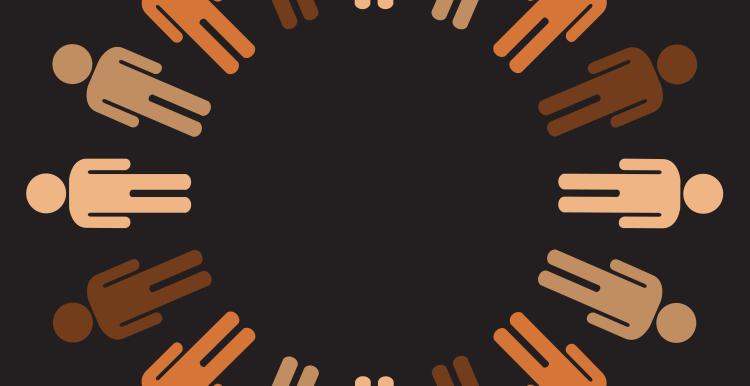Perspectives on primary care part 3: The Roma Community in Bradford

Working with Healthwatch Bradford, we spoke to members of the Roma community who had recently arrived in the area to find out about their experiences of registering for and using primary care services.
The latest NHS England GP Patient Survey findings reveal that 84.9% of people rated their overall experience of their GP surgery as good. The people we spoke to were very positive about the NHS, which they feel is easy to use. Almost all the people we spoke to are registered with a local GP that they trust. However, they also told us about three areas where primary care providers can improve services and offer more support.
1. Access to interpreters
Like other community groups that we spoke to, such as British Pakistani women and Deaf people, access to interpreters is a key issue. The Roma people we spoke to felt that access to an interpreter – whether in person or on the phone – greatly improves communication with their doctor.
In the absence of an interpreter, people told us they regularly rely on the local community centre for help with translating letters.
2. Receptionists’ attitudes
Healthwatch Bradford collected feedback from nearly 600 members of the public about local surgeries, many of whom complained about poor attitudes of staff. The Roma people we spoke to were frustrated by receptionists who they have found to be unhelpful, refusing to break through the language barrier to help them. Many people felt their knowledge of English is proportionate to the quality of care they receive.
One woman, whose five month old baby had a temperature, told us she was turned away from her GP surgery because speaking English was a requirement to register. After waiting for five hours, a GP finally agreed to see the baby. The GP sent her straight to A&E as an emergency case.
3. NHS dentists
Despite most being registered with a GP, only two of the 16 people we spoke to were registered with an NHS dentist. When faced with dental pain, they told us they often self-medicate with pain killers and alcohol as they are unable to access a dentist.
We were also told Roma children are not receiving regular dental check-ups even though many already have trouble with their teeth. This is a critical issue across England. According to the Faculty of Dental Surgery at the Royal College of Surgeons of England, more than 30% of children in England did not see an NHS dentist between 2012 and 2014. Tooth decay is the most common reason why five to nine year olds are admitted to hospital. Their report, 'The state of children's oral health in England' recommends that children's access to NHS dental services must be improved for early diagnosis and to prevent problems caused by visiting the dentist too late.
Accessing alternative medical support
Along with the community centre, the local supermarket is a meeting point for the Roma community in Bradford and a place to share their knowledge on NHS services with each other. Some members of the Roma community we spoke to don’t receive benefits and can’t afford to pay for prescriptions, so they use the supermarket pharmacy to buy lower cost medication and to resolve minor ailments.
The solution: better access and understanding
When we asked Roma people about the changes they would like to see in the future, the top priorities were having access to an interpreter and making it easier to see a dentist. They also told us they wanted to be able to book GP appointments online and see informative leaflets and posters in their language.
Our research has shown that eight out of ten people are keen to share their views about what could improve local services. We are encouraging more primary care professionals to talk to their patients to help identify the improvements that can help deliver an even better service in the future.
Find out more
Read more about what people told us about their experiences of primary care services.


